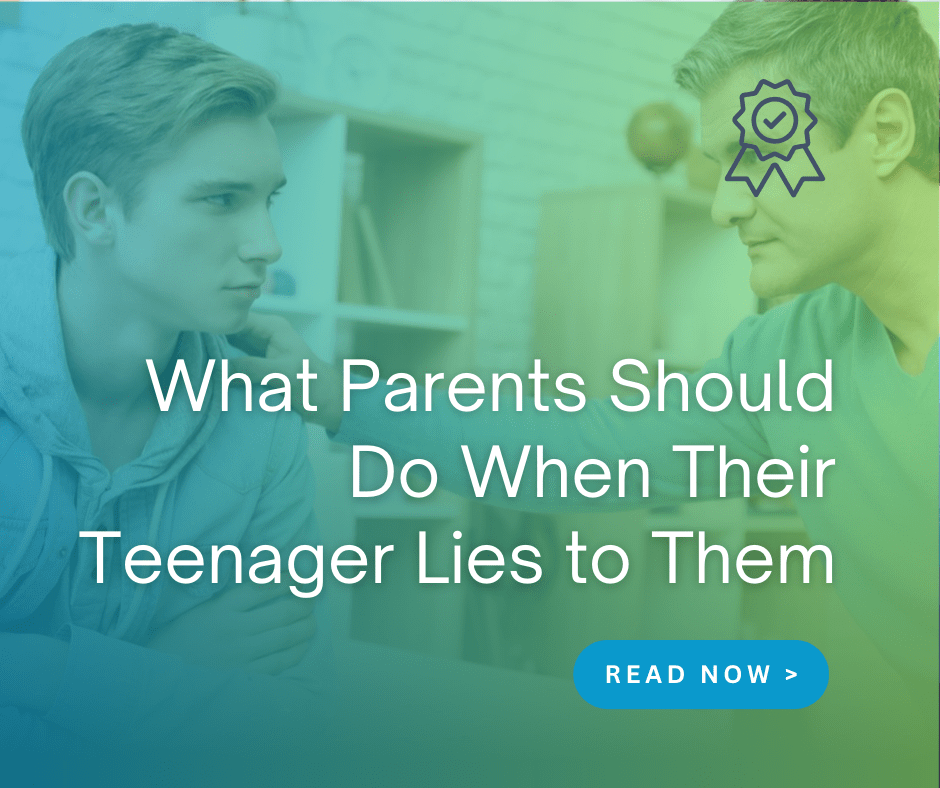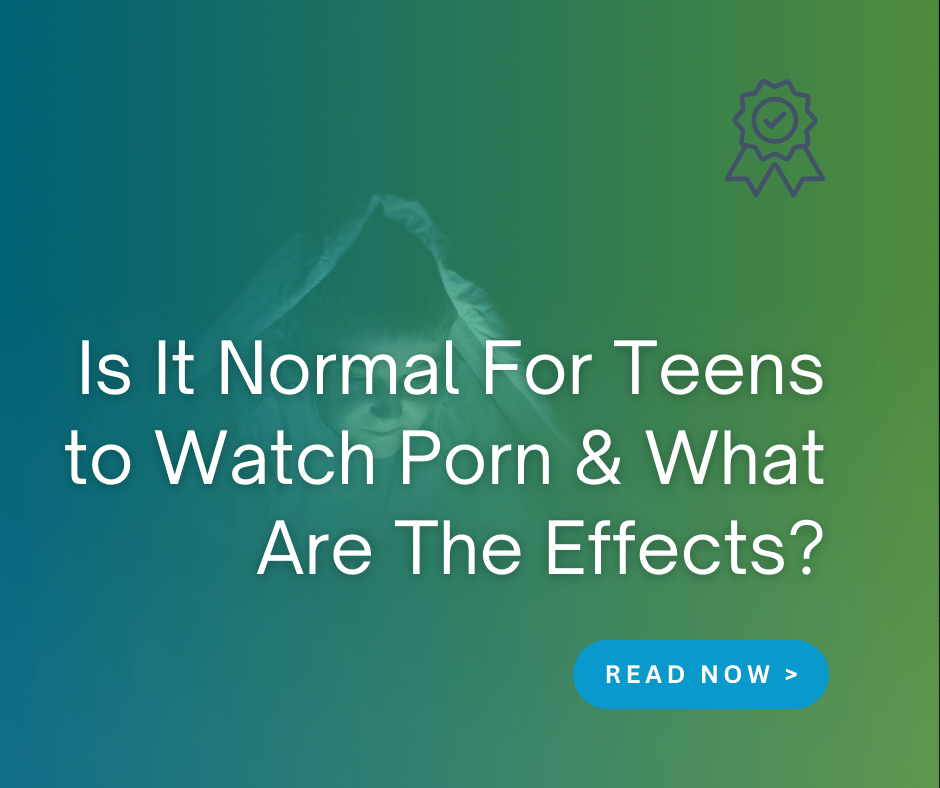The short answer to this question is that if your teen engages in self-harming behavior, which mental health professionals call non-suicidal self-injury (NSSI), they are, statistically speaking, at greater risk for suicidal behavior than teenagers who do not engage in self-harming behavior.
The big picture, however, with regards to the relationship between NSSI and suicidal behavior – meaning suicidal ideation (SI) and suicide attempts (SA) – is not simple. A teen who engages in NSSI is at greater risk of suicidal behavior, but the fact they engage in NSSI does not automatically mean they will engage in suicidal ideation or attempt suicide.
The two phenomena are related, but if your teen engages in NSSI, there two important distinctions between them you need to learn about:
- NSSI is a coping mechanism that an induvial develops to mitigate emotional pain in order to move past it and move forward – alive.
- Suicidal ideation and suicide attempts are thoughts and behaviors an individual engages in that reveal their desire to end their life.
It’s a critical distinction that gives you an insight into the kind of psychological and emotional space your teen inhabits now. Having said that, our position is that you should take any form of NSSI or self-harming behavior seriously. It’s also our position that you should consider NSSI as a set of behaviors that are every bit as serious as suicidal ideation or suicide attempts.
That means that if your teenager engages in self-harming behavior, it’s important to arrange an evaluation by a mental health professional as soon as possible. It’s also time to consider the fact your teen may need treatment and support for their self-harming behavior.
Studies on Self-Harm and Increased Risk of Suicidal Ideation and Suicide Attempts
According to the latest reliable evidence, engaging in NSSI as a teenager increases the risk of thinking about or attempting suicide later in life. The more severe the self-harming behavior, the more significant the subsequent risk. Data also shows an increased risk of SI/SA for teens who engage in self-harm and are also diagnosed with specific mental health disorders.
The study, conducted in 2018 at Cornell University, shows that people who engage in both NSSI and SI/SA, when compared to those who engage in NSSI but never engage in SI/SA, are more likely to:
- Have a mood or behavioral disorder such as depression or post-traumatic stress disorder (PTSD)
- Show a history of more than 20 incidents of self-harm
- Report adverse childhood experiences (ACEs) such as emotional, physical, or sexual trauma
- Have a history of disordered drug or alcohol use (addiction)
- Report recent emotional or psychological distress
- Have a history of troubled family relationships
- Engage in risky or impulsive behavior
There’s another thing to consider here, too. The National Institute of Mental Health (NIMH) reports that three years ago, in the year 2017, suicide became the second leading cause of death for adolescents and young adults.
You read that correctly: the second leading cause of death.
When we read that in conjunction with widespread reporting that the coronavirus pandemic has had a significant impact on the mental wellbeing of children and teenagers across the country, we’re compelled to reinforce what we say above: if your teen engages in self-harming behavior, it’s important for you to seek professional support. First, by arranging a formal evaluation, and second, by seeking mental health treatment at a behavioral health facility with staff and clinicians that know and understand the ins and outs of working with adolescents.
What Kind of Mental Health Treatment Works for Teens Who Self-Harm?
Evidence shows there is a specific type of treatment that helps teens who self-harm manage their emotions and regulate their NSSI behavior: dialectical behavior therapy (DBT). Before we talk about DBT for teens who self-harm, we should make sure we’re on the same page with exactly what NSSI is and what to watch for if you think your teen engages in self-harm.
Here’s how the American Psychological Association (APA) defines self-harming behavior (NSSI):
“The condition…is characterized by deliberate self-inflicted harm that isn’t intended to be suicidal. People who self-harm may carve or cut their skin, burn themselves, bang or punch objects or themselves, embed objects under their skin, or engage in myriad other behaviors that are intended to cause themselves pain but not end their lives.”
We should also give you the latest facts on the prevalence of self-harm among teens. Here are the statistics from a report published by the American Journal of Public Health in 2018, which analyzed data from the Centers for Disease Control (CDC) on more than sixty-thousand teens from eleven states in the U.S.:
- Total prevalence for the entire sample set:
- 17% said they engaged in self-harming behavior
- Gender breakdown for the entire sample set:
- About 24% of females said they engaged in self-harm
- About 11% of males said they engaged in self-harm
Those are the statistics.
For more facts and figures on teens who self-harm, please read our article Why Is My Daughter Cutting Herself? A Guide to Causes and Treatment
Now, here are six warning signs to watch for if you think your teen is harming themselves:
- Wearing clothes that cover their arms and legs during hot weather
- Any unexplained bruises, cuts, or burns on their body
- Associating with peers who engage in self-harm
- Unexplained/unusual absence of patches of hair, including eyelashes or eyebrows
- Hiding or keeping sharp objects in their room or backpack, with no logical explanation
- Retreating to the bedroom and locking the door during times of stress or conflict
For a complete list of self-harm warning signs, please read our short article Self-Harming Behavior: Nine Warning Signs
We’ll now move on to talk about the most effective psychiatric treatment for teens who engage in NSSI/self-harm: dialectical behavior therapy (DBT).
Dialectical Behavior Therapy (DBT) for NSSI: More Effective Than Treatment as Usual (TAU)
We began this article with the question in the title:
Does Self-Harm Put Your Adolescent at Risk for Suicidal Behavior?
The evidence shows that the answer, in most cases, is yes.
But there’s more to it than that.
Engaging in self-harm does not mean your teen will engage in suicidal ideation or attempt suicide. It does, however, increase the risk. That risk is increased further if your teen has a mental health or psychiatric disorder such as depression or post-traumatic stress disorder (PTSD).
And there’s more to it than that. A recent study shows that the therapeutic approach known as dialectical behavior therapy (DBT) is an effective treatment for teens who self-harm. That’s important for you to know, as a parent, because you can find behavioral health treatment centers that specialize in psychiatric treatment for teens where DBT is a core component of their treatment approach.
The study – Efficacy of Dialectical Behavior Therapy Versus Treatment as Usual for Acute-Care Inpatient Adolescents – offers convincing evidence that any treatment center you seek for your teen should include DBT.
Here’s what the researchers found. Compared to typical treatment – called treatment as usual (TAU) – teens who received DBT showed five important areas of improvement:
- They spent less overall time in the hospital
- When hospitalized, they spent less time in restraints
- They attempted suicide less frequently
- They engaged in self-injury less frequently
- When hospitalized, they spent less time under constant observation for NSSI
If you’re the parent of a teen who self-harms or engages in any form of NSSI, this is powerful information. It means there’s a specialized treatment available to your teen that is proven effective for teens with their specific psychiatric disorder.
Hope for Healing, Hope for the Future
This study on the effectiveness of DBT should give you hope. We know that when you discover your teen is intentionally hurting themselves, it’s difficult to understand. Your emotions may be all over the place. You might feel scared, anxious, and everything in between. That’s okay – and that makes sense. You now know that your teen can receive treatment and support that works. With DBT provided by professional clinicians at a behavioral health treatment center for teens, your child can learn practical skills that allow them to process their emotions and regulate their behavior without engaging in self-harm.
That means that with support, your teen, you, and your family can start on the path to balance, health, and recovery. And now you know exactly what kind of support to look for, because you know what kind of treatment works.












